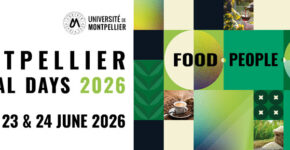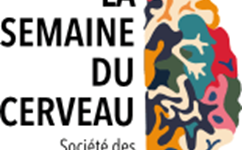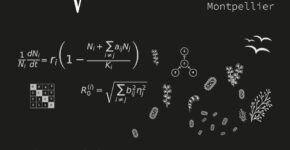
FSMMF platform: a tool dedicated to solid fermentation, bio-waste recovery, and biocontrol to reduce chemical inputs
Published on: February 18 , 2026
The University of Montpellier announces the launch of the FSMMF project (Solid Fermentation and...

The University of Montpellier launches the ADNeIA project to strengthen marine biodiversity monitoring
Published on: February 18 , 2026
The University of Montpellier announces the official launch of the ADNeIA project (ADNe solutions...

Montpellier Global Days 2026: Food, People, Planet

Brain Awareness Week 2026 – 28th edition

Science at UM [S05-ep09]: Cocaine: when consumption goes off the rails
Published on: February 12 , 2026
This week on A l’UM la science, Hélène Donnadieu, addiction specialist at Montpellier University Hospital...

Pesticides and cancer: understanding and taking action

“Invasive species: zero damage in the Mediterranean” will be the theme of the second Science Bar 2026
Published on: February 9 , 2026
On February 19, starting at 7:30 p.m., the second Science Bar of the year will take place...

Invasive species: zero damage target in the Mediterranean

Violence in French clubs: nearly 60% of athletes affected, according to a new study
Published on: February 5 , 2026
Nearly six out of ten athletes report having experienced violence in their club in France.

Biodiversity in equations

Plastic: the great craze

A Brief History of RNA

Sharing agrobiodiversity – The gaps between commons theory and implementation tools

Living with living things in the city: the contributions of research

Science at UM [S05-ep08]: When sports influence the sex of babies
Published on: January 30 , 2026
This week on Science at UM, François Favier, a researcher at the Euromov laboratory, tells us...

Artificial intelligence: Montpellier University, Deepbloo, and AITenders launch an integrated solution for managing public tenders
Published on: January 29 , 2026
Deepbloo, an innovative company specializing in the collection, analysis, and indexing of...